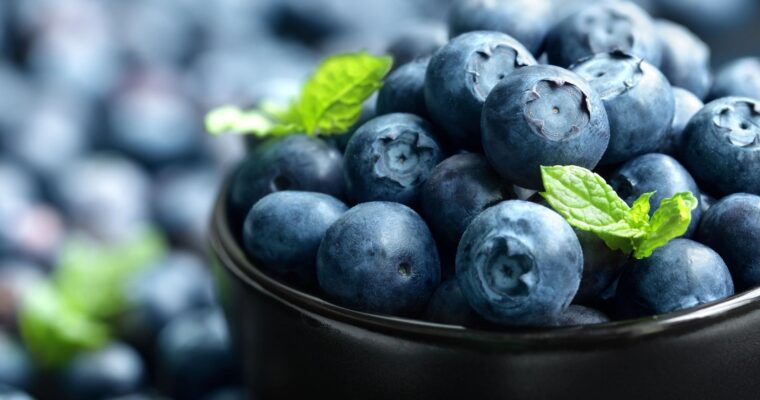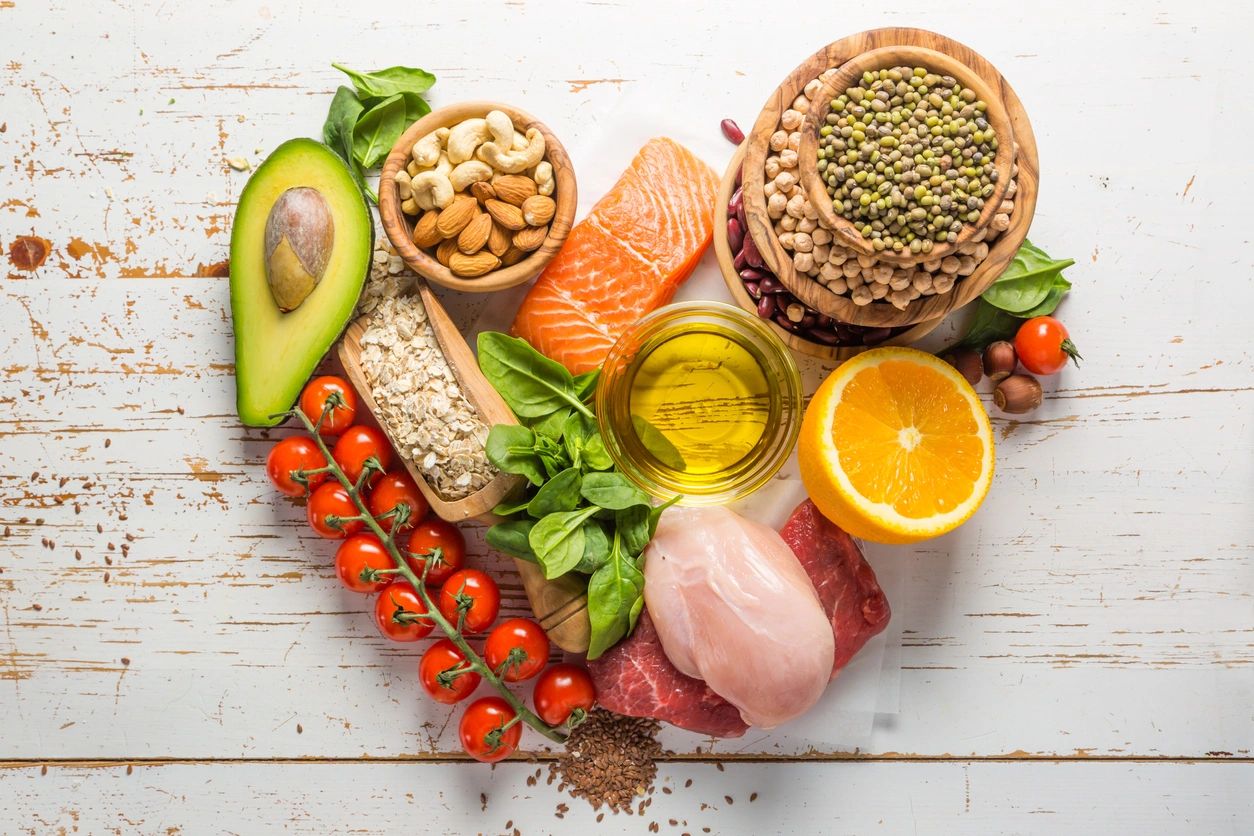FATS~THE SKINNY YOU NEED TO KNOW
By: Allie Might, FMC, INHC, ATT
When talking about health, wellness and diet, the subject of fats always seems to scare people. I’ve heard such things as ‘fats are bad’ to ‘I don’t consume any fats because they’ll back me gain weight’. There are so many misconceptions regarding fats out there so let’s explore this dietary group and breakdown the good and bad when it comes to fats.
Let’s start breaking down fats and get more comfortable including them into our diet. Just like anything, there are good and bad fats. It’s the bad fats that we think of when we think that consuming fats will cause weight gain so many tend to gravitate toward a low-fat or even fat-free diet. However, incorporating the right fats, the healthy fats, can have positive effects on our health and well-being.
Healthy fats are helpful for such areas like the skin, joints, heart and circulatory system and even the brain. These are also known as unsaturated fats. According to an article form Harvard Medical School titled ‘Know the Facts About Fats’, these fats have been shown to raise HDL (good cholesterol), reduce inflammation and nourish the brain and may even help to reduce the risk of Alzheimer’s disease.
Unhealthy fats are just that…unhealthy and potentially harmful to one’s health. These are the saturated and trans fats. ‘Types of Fats’ from the Harvard T. H. Chan School of Public Health advised limiting or greatly reducing the amounts of saturated and trans fats in the diet. This is due to the negative impact they can have on one health. The potential risk factors include, but are not limited to, increased inflammation, increased LDL (bad cholesterol), increased risk of heart disease, stroke and heart attack, and may even contribute to insulin resistance.
Unsaturated Fats are what would be considered healthy fats. In this group you’ll find the good fats that can have a positive impact on one’s health. Some of these include such foods as shellfish, salmon, sardines, seeds, nuts and nut butters. Oils like extra virgin olive oil, grape seed oil and avocado oil. They have medium to high smoke point making them ideal to use when cooking.
Saturated Fats are the unhealthy fats that many people justify as being okay in moderation. These are the fats that most people gravitate to and love. These include cheeses, red meat, poultry (with skin) and even bacon. While these do have health benefits like calcium and protein, the fat content may have negative effects on one’s health and wellness.
Trans Fats are the worst of the fats that are consumed. These are the fats that we should all be most aware of as they are the ones to try to avoid. They can be a serious contributing factor to increasing risk of certain health problems. These can include heart problems and weight gain or obesity. This group is made up of such things like processed meats (think deli meats and hot dogs), many processed and prepackaged foods. Many times you’ll see the term partially hydrogenated oils.
A good way to remember the difference between these three types of fats would be UNSATURATED-FAT is UNFILTERED and CLEAN, SATURATED-FAT is SUFFOCATING and UNHEALTHY, and finally TRANS-FAT is HEAVILY PROCESSED (TRANSformed), UNRECOGNIZABLE and ATTACKING (to the cells).
FISH OIL: This is the most common thing we think of when talking about Omega-3s. Fish oil supplies the EPA (Eicosapentaenoic Acid) and DHA (Docosahexaeonic Acid) that is essential for numerous areas of the body.
BIOMEGA: This is the same type of omega-3 as above, but this is enteric coated. This coating causes the soft gel to dissolve for absorption in the small intestine instead of the stomach. Many people report that this helps to reduce having the fishy taste repeat on them.
KRILL OIL ADVANCED: This is an easy to take soft gel supplies EPA and DHA but also contains Astaxanthin. This is an antioxidant that is believed to support healthy heart, skim, brain and the immune system. It is also said to have anti-inflammatory properties. It is also advised that if someone is allergic (or sensitive) to seafood and/or shellfish to not consume krill oil supplements.
www.health.clevelandclinic.org/how-to-choose-and-use-healthy-cooking-oils
www.health.harvard.edu/staying-healthy/know-the-facts-about-fats
www.uclahealth.org/news/eating-healthy-fats-has-many-benefits
www.ncbi.nlm.nih.gov/pmc/articles/PMC5577766/
www.heart.org/en/healthy-living/healthy-eating/eat-smart/fats/dietary-fats
www.hsph.harvard.edu/nutritionsource/what-should-you-eat/fats-and-cholesterol/types-of-fat/
www.pharmapproach.com/enteric-coating-2/
www.webmd.com/diet/health-benefits-astaxanthin
www.webmd.com/vitamins/ai/ingredientmono-1172/krill-oil








